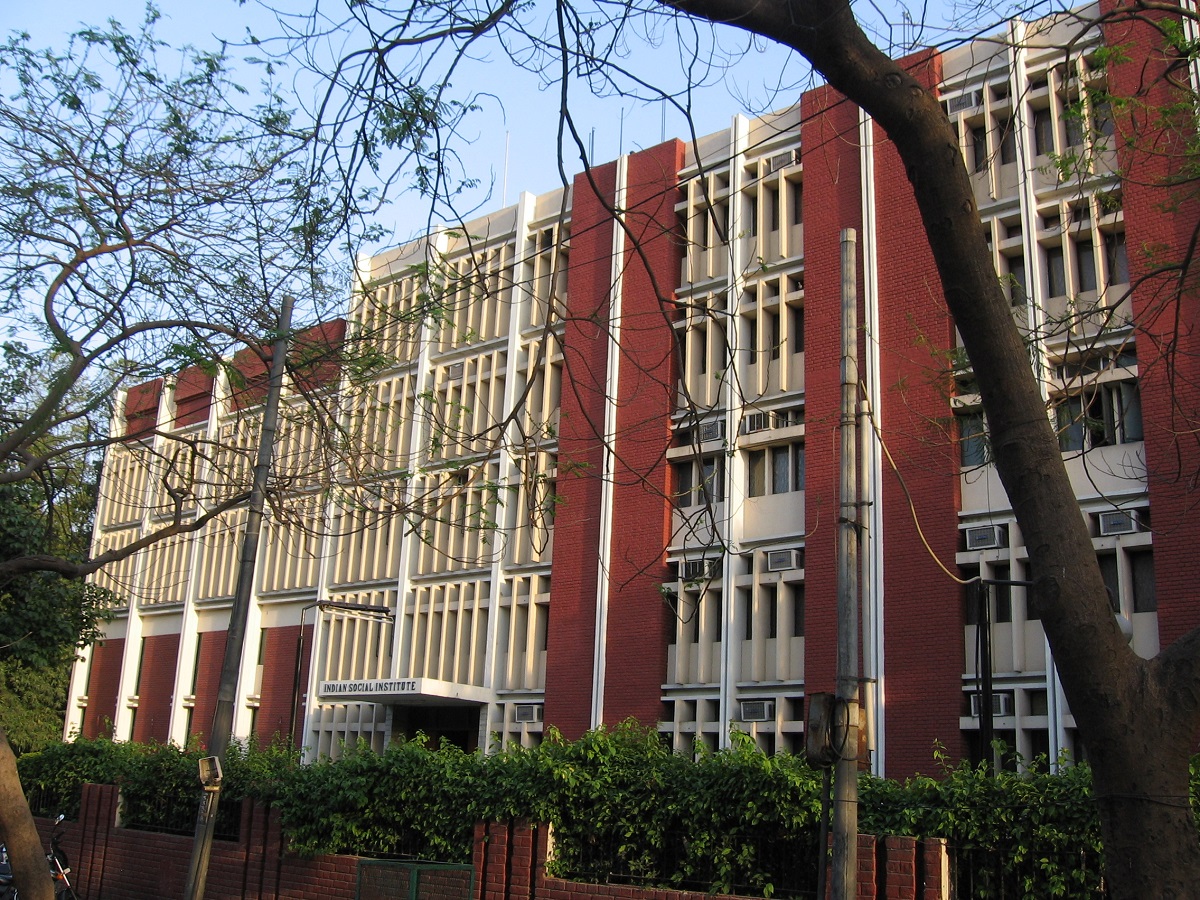Jesuit research institute loses FCRA licence
Founded in 1951 to help recently independent India’s social and economic development, the Indian Social Institute has long been in the government's crosshairs. The think tank, with which Fr Stan Swamy collaborated, has never been involved in evangelisation activities, its current executive director told AsiaNews, but it has openly criticised the Hindutva ideology.
New Delhi (AsiaNews) – The Indian government has revoked the Foreign Contribution Regulation Act (FCRA) licence of the New Delhi-based Indian Social Institute (ISI), an important research institution founded by the Jesuits, already investigated by the government in July last year.
Home Affairs officials allege the ISI violated the law that regulates licencing, but did not provide further details. The FCRA was passed to prevent misuse or diversion of foreign funds in NGOs and think tanks operating in India, and is renewed every five years. Or at least that is how it should be.
In reality, after being amended in 2020, registration under the FCRA has increasingly been weaponised against groups that criticise the government. Last month, another well-known research institute, the Centre for Policy Research, lost its licence.
Hundreds of non-profit organisations, such as Oxfam India, and several Catholic entities, including Mother Teresa's Missionaries of Charity, have also been targeted in recent years, their licences suddenly revoked.
The Indian Social Institute was founded in 1951 by Indian Jesuit Jerome D'Souza to help the development of the country soon after it became independent, the current executive director, Fr Sebasti L. Raj, told AsiaNews.
According to Fr Raj, the ISI has never been involved in evangelisation activities, only in social research. From six departments, it is now left with one.
The ISI devoted one of the latest issues of its Social Action quarterly[*] to the National Education Policy 2020, advocated by the government for the development of education in the country.
The introduction describes the policy as "a very ambitious plan" but one that "faces many challenges with a wide range of opportunities”; at the same time, it has been criticised because “there are many hidden Hindutva ideologies in it, and the secular aspect of the country is downgraded. It also does not mention minority education, which has been the backbone of education in our country for a long time.”
In a previous issue, centred on India's domestic conflicts, including in Kashmir and Nagaland, contributors concluded that “The ideological push for Hindu supremacy in India inspired by an intolerant brand of religious nationalism, commonly known as Hindutva, has led to widespread violence against marginalized communities and minorities throughout India.”
This probably did not please the Bharatiya Janata Party (BJP), India’s ruling far-right party that claims to be inspired by the Hindutva ideology.
ISI’s Fr Raj, told AsiaNews that in the past, in 1991, the institute lost its licence because Fr Stan Swamy, was one of its researchers. The Jesuit, who had dedicated his life to the defence of Adivasi rights, had also been director of the Bengaluru branch of the institute.
After making a deal with government officials, the ISI managed to get the FCRA licence again, but the Jesuits' activities have long been in the government's crosshairs.
A few years ago, Fr Stan was arrested on false charges and died in a Mumbai jail at the age of 84 after nine months in detention.
(Nirmala Carvalho contributed to this article)
[*] The publication is listed in the University Grants Commission Consortium for Academic Research and Ethics as an approved social science journal.
05/02/2024 18:22







.png)










